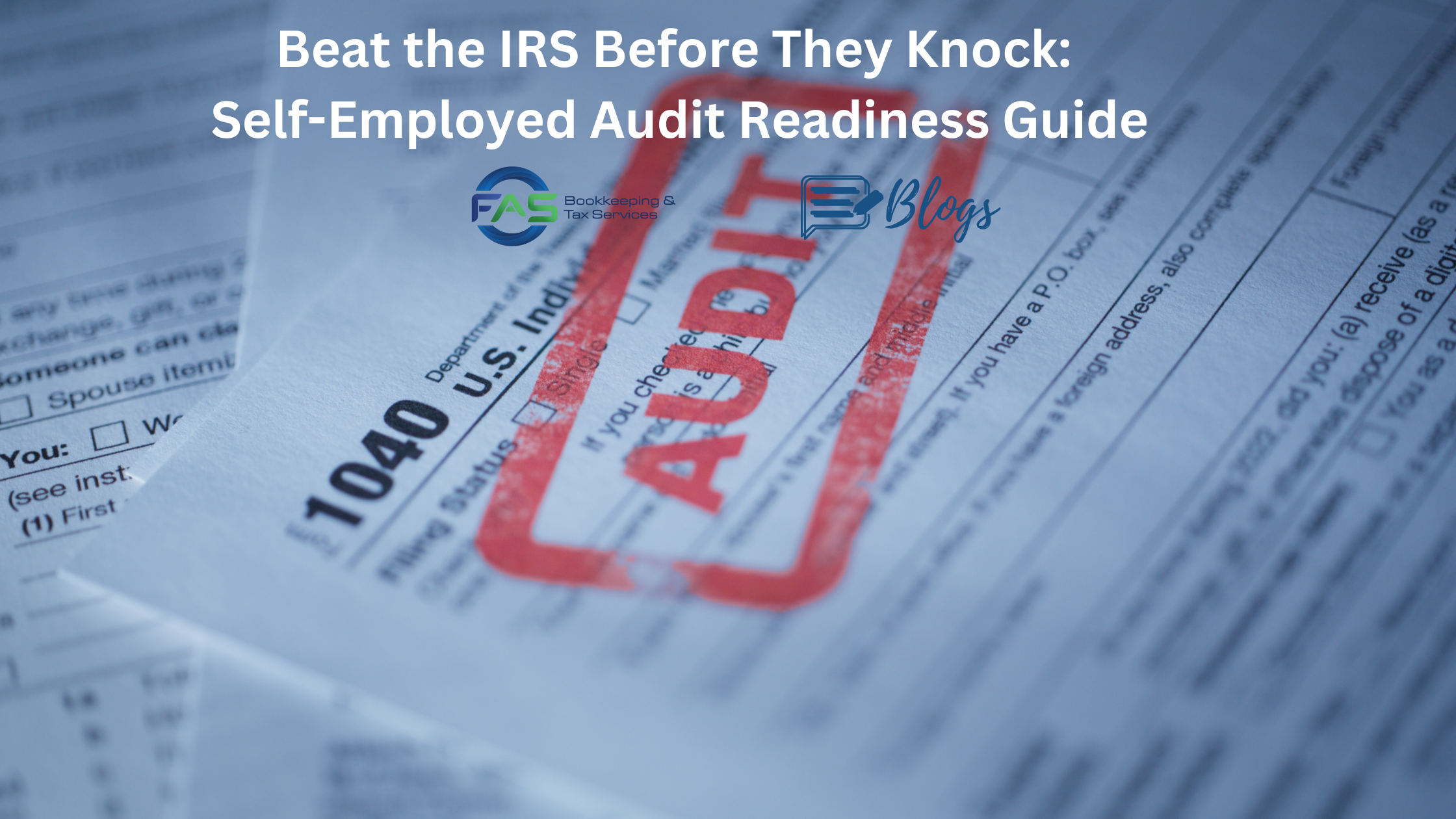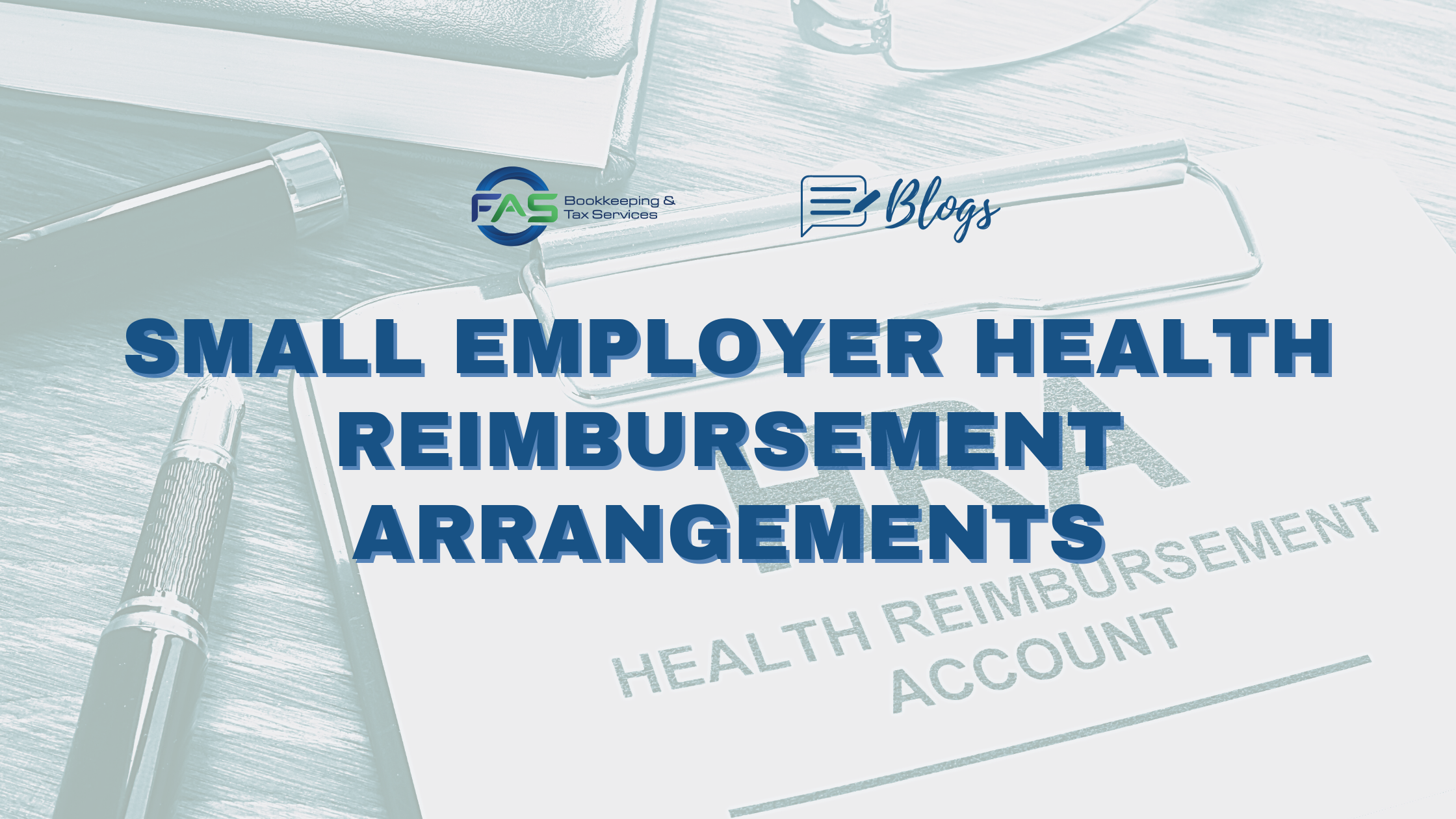Small Employer Health Reimbursement Arrangements
Small employer HRAs, also called QSEHRAs (Qualified Small Employer Health Reimbursement Arrangements), let small businesses without group health plans set aside tax-free money for employees to use on medical expenses as the cost of buying health insurance. Here’s what you need to know about QSEHRAs if you own a small business.
Background about Small Employer Health Reimbursement Arrangements
Congress passed the 21st Century Cures Act on December 13, 2016, which included a provision for QSEHRAs. This lets an eligible employer offer a qualified small employer health reimbursement arrangement (QSEHRA), which is not a group health plan and is not subject to the rules that apply to group health plans.
QSEHRAs must meet several criteria such as:
- The arrangement is paid for entirely by an eligible employer, and no salary reduction contributions are allowed;
- The arrangement is usually the same for all eligible employees of the employer;
- After the employee shows proof of coverage, the arrangement pays or reimburses medical expenses for the employee or the employee’s family; and
- The amount of the payments and reimbursements are set by the arrangement. The most money that can be set aside for arrangements that pay for or reimburse family members’ expenses is $11,050.
Which Employers Qualify for Small Employer Health Reimbursement Arrangements?
A QSEHRA can be set up by any small employer, from a startup to a nonprofit, that doesn’t offer a group health plan, as long as they follow certain rules (see below). A small employer does not meet the criteria for a large employer (ALE). A large employer eligible is one that, on average, has more than 50 full-time or full-time equivalent workers.
If a small employer already has a group health plan but wants to set up a QSEHRA, the group health plan must be canceled before the QSEHRA can begin.
Are There Any Other Rules?
Yes. One of the most important rules is that employees must have health insurance that meets minimum essential coverage to participate in a QSEHRA. That is, indemnity, short-term health insurance, and faith-based insurance plans (like Liberty HealthShare) do not qualify. This is true for health insurance plans bought through the Marketplace. Employers can decide whether to reimburse employees for both medical costs and health insurance premiums or just premiums.
Also, there is no minimum amount you can put in each month, but there is a maximum amount you can put in each year. For 2022, the limit for a single person is $454.16 per month and the limit for a family is $920.83 per month.
QSEHRAs are paid for by the employer in full. Since this is the case, employees are not allowed to make contributions.
Questions?
Need help in preparing your health reimbursement arrangements? Contact us at admin@fas-accountingsolutions.com or at 713-855-8035 and we will help you.





